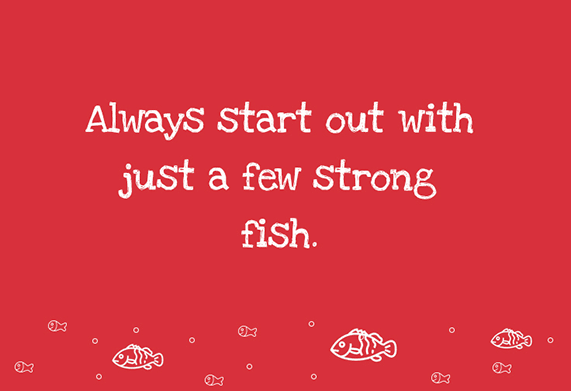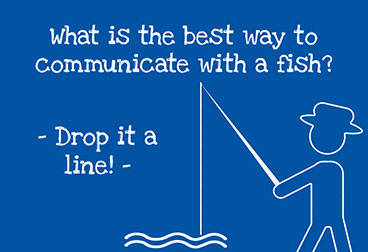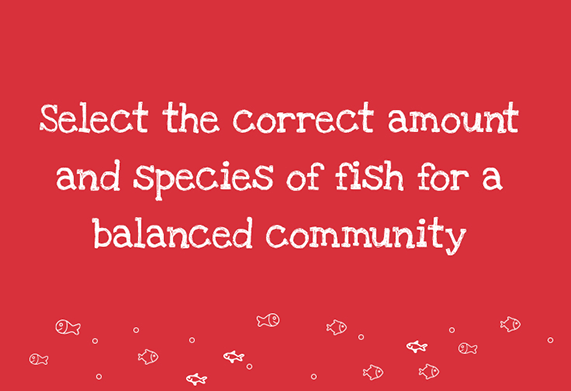How to prevent fish illness & stress
Just like humans, fish get can stressed by certain situations. This makes them run down and more likely to get sick and hide away, or even die.
To keep your fish healthy and prevent or solve stress it’s important to understand the causes.

The most common cause of stress is poor water quality.
Even if your water looks clear, it doesn’t mean it’s safe and healthy for your fish; the causes are invisible.
The main cause of poor water quality is a build-up of fish and plant waste. As these begin to rot and break-down they release toxic chemicals like ammonia, nitrite and nitrate and can change water pH levels. This toxic cocktail stresses your fish making them prone to disease.
A filter should help prevent this problem; the beneficial bacteria within the filter work hard to break down toxic chemicals.
But if you have a new, immature or badly-maintained filter, the toxins won’t breakdown quickly enough, and in some cases, may not break down at all. Watch this video to understand how this process works in your filter, or read on for more…
Because water quality problems are invisible, the only way you can monitor them is with regular use of water test kits.
Like us, fish are constantly exposed to bacteria and viruses, but when healthy our immune system deal with these. Do what you can to give your fish a stress-free life; and they’ll fight off common diseases more easily.
Other common stress triggers for your fish – and how to deal with them – are:
Temperature
Sustained changes in temperature will stress tropical fish.
Temperatures should not stay too high (above 29°c) or too low (below 21°c) for any amount of time.
A good heater will keep the temperature at a safe level (24-25°c) for most tropical species.
Quick changes in temperature can also upset your fish, so make sure you use a thermometer and match water temperatures when doing a water change and carefully acclimatise fish when adding them to a new tank.
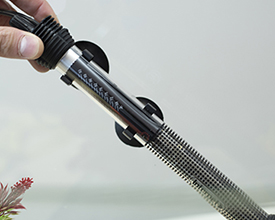
Environmental stress
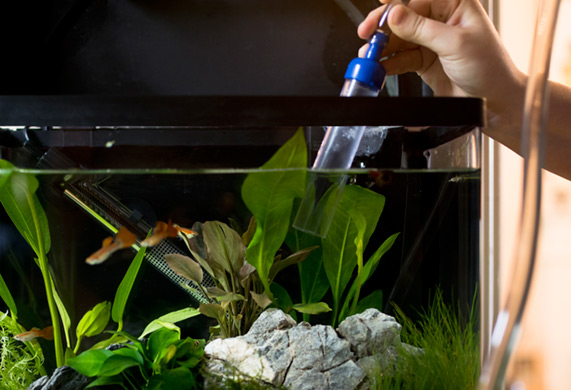
Banging on the glass, loud noises and floor vibrations can cause stress. Watch that bassline, banging doors and boisterous youngsters!
Educate visitors – especially children – on good practice when looking in your aquarium – look but don’t touch!
You should also avoid turning aquarium lights on and off too quickly or frequently. Using a lighting regulator, as seen on the Tri-Spec LED controller, can gently and progressively turn the lights on and off, preventing the shock of a sudden change.
Physical stress
Avoid netting or touching your fish unless necessary.
Handling will make your fish feel very stressed and can damage their scales, exposing them to potential infection.
Other fish
It’s a sad fact that not all fish are compatible with one another. Territory battles, bullying and fighting over mates are all possible. Over-stocking will also cause stress to your aquarium community.
Talk to your favourite aquatics retailer about compatible types of fish and the optimum number for your tank.
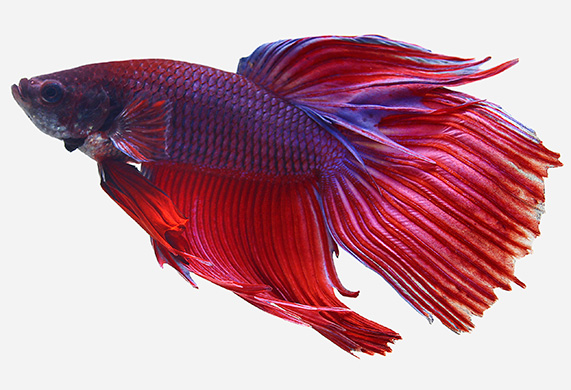
pH
Keep the water at a pH of between 8.1 and 6, depending on the types of fish you are keeping (ask when you purchase your fish what pH they prefer). Anything outside of this will create stress.
Regularly test your water to ensure the pH is at a healthy level, and prevent problems from happening with good maintenance habits.
If pH is an issue, you’ll need to adjust the pH slowly so you don’t cause the fish further stress. Use a product such as pH Up or pH Down to correct imbalances.
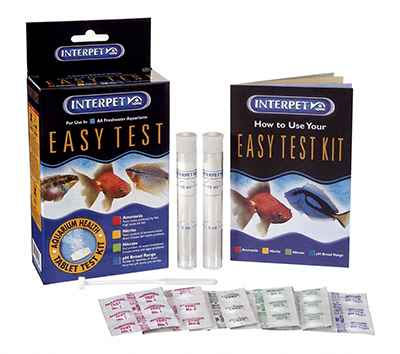
Take special care during water changes and when adding fish to keep stability with old and new water.
Environmental pollution
Only use cleaning products and décor designed specifically for aquarium use. Never use detergents, polishes, aerosols (e.g. furniture polish, air fresheners) or other products to clean the aquarium as these will pollute the water.
Even sprays and chemicals in the air, such as deodorants, can be drawn into the water through gaseous exchange and can enter the water causing harm. Avoid using strong products on, around or near your aquarium.
Oxygen
Just like us, fish need oxygen to breathe. Low levels of oxygen can be very stressful indeed for your fish.
There are many things that can affect oxygen levels; poor water circulation, high temperatures, excessive organic waste levels, oily foods coating the water surface and some fish medications are all likely candidates for low oxygen levels.
You can give oxygen levels a boost with an air pump and air stone. Keeping up with good maintenance practices will also make a real difference to oxygen levels in your aquarium.
Remember that it’s especially important to add extra aeration in hot weather. If you see your fish gasping at the water surface it is time to act fast.
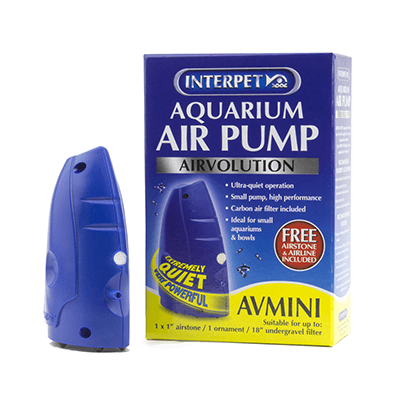
Fish waste
And a final reminder about fish waste and water quality!
Ammonia and nitrite, created by waste in the tank, will cause stress if not broken down by a good biological filter. For us it would be like living in poisonous air, our lungs would get sick and our skin might get sore.
Take good care of the filter and it will take good care of the tank. The filter breaks down ammonia and nitrite to less toxic nitrate which plants use to grow. High levels of nitrate can also stress sensitive fish but will be diluted when you carry out routine water changes.
Avoiding stress in your aquarium is the key to preventing disease, but some stressful situations just can’t be avoided.
If you know a situation is going to be stressful for your fish, you can help them cope by adding a tonic salt. Read more about why tonic salts help your fish feel better.
